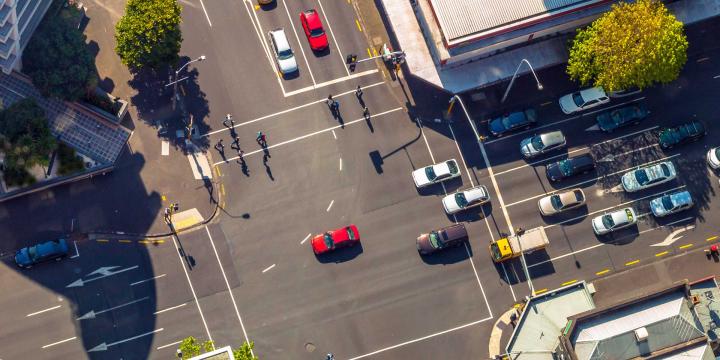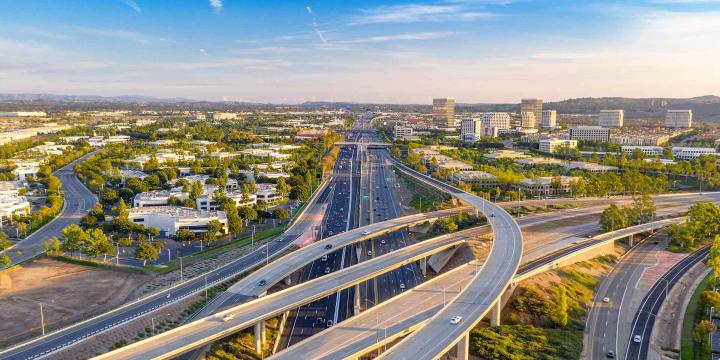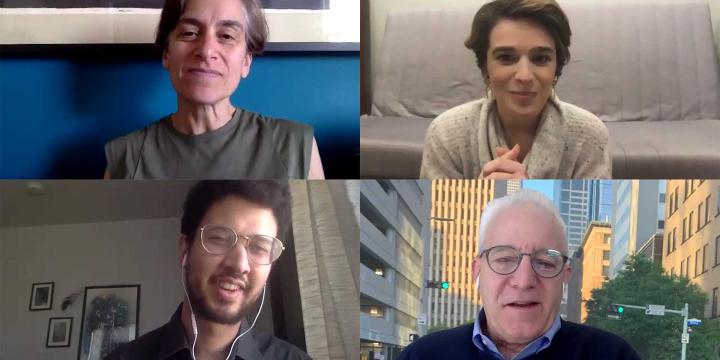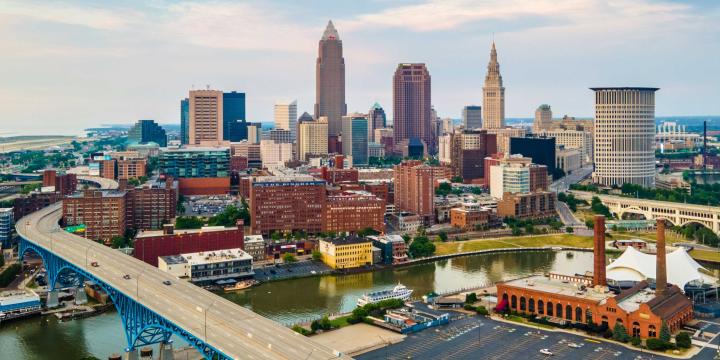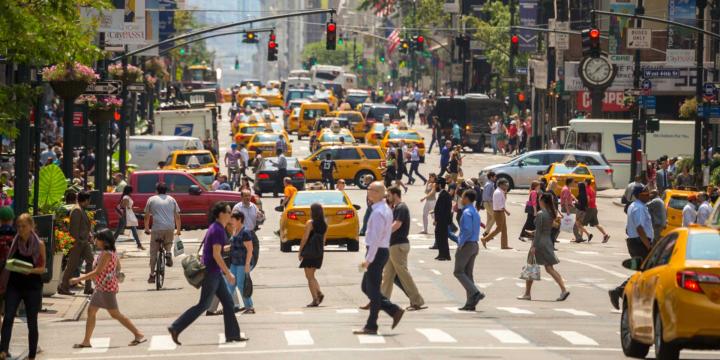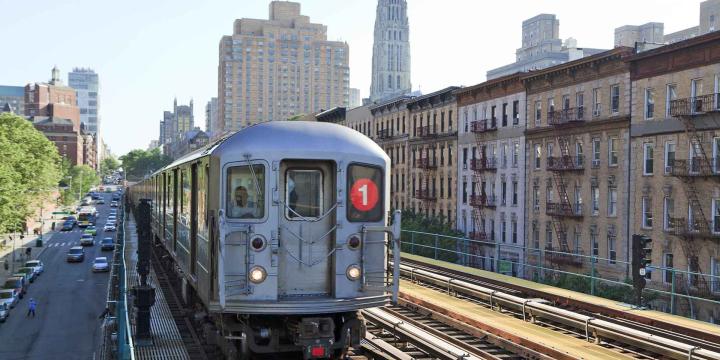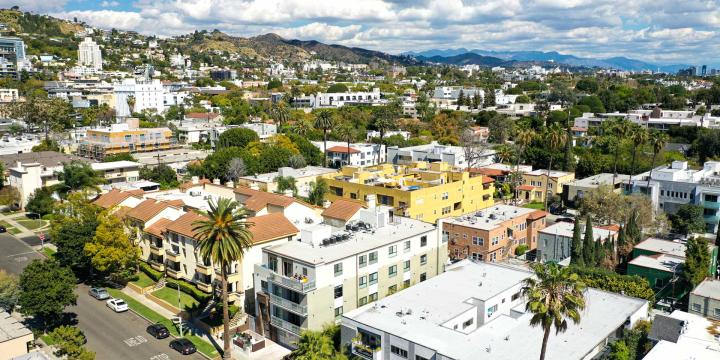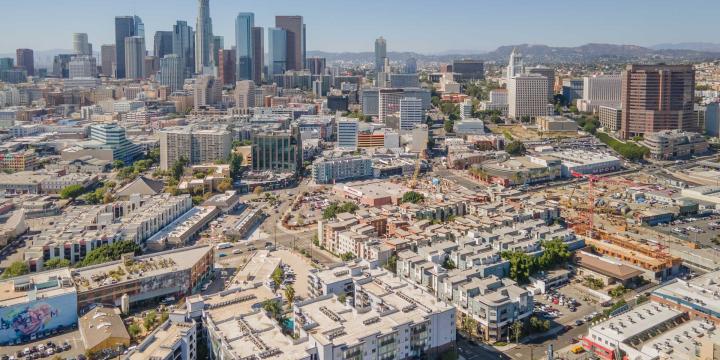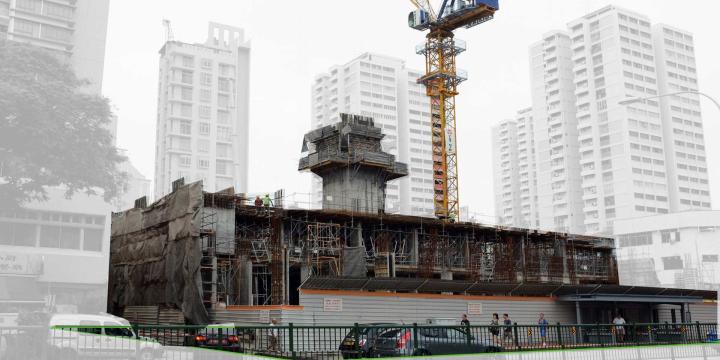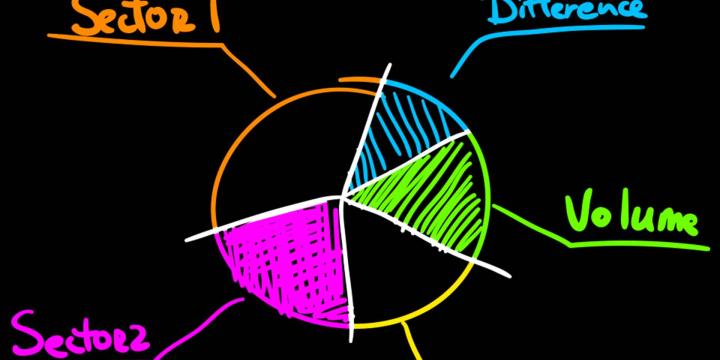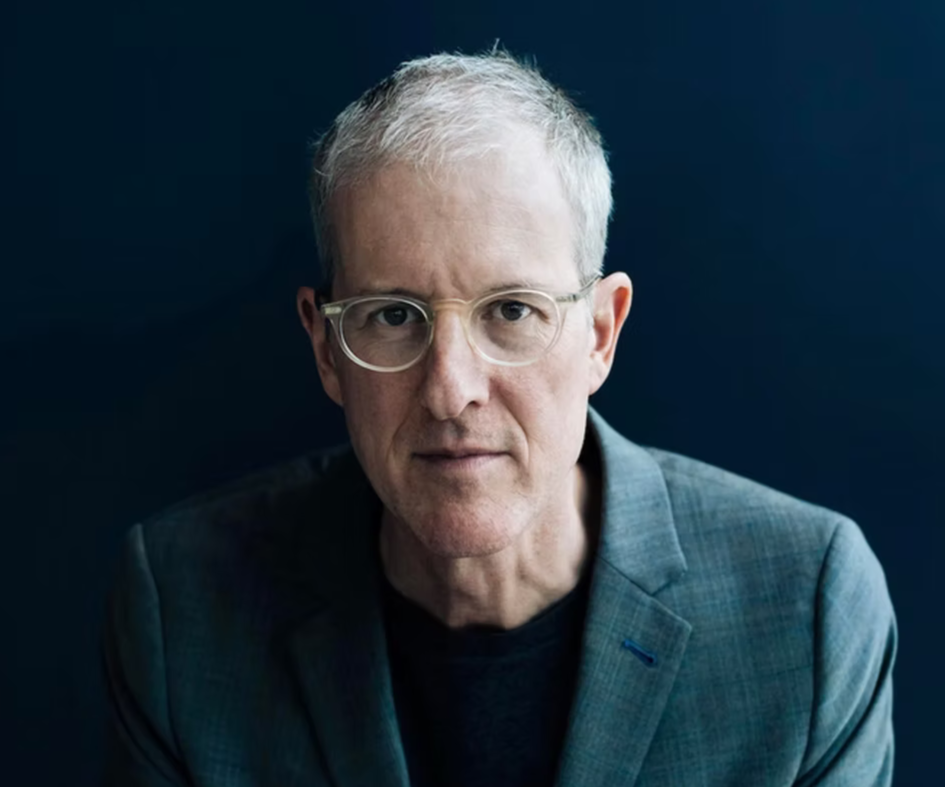All Economics Courses
Walkable City 1: Why Walkability?
Jeff Speck explains his five principal reasons for building more walkable places — Economics, the Environment, Public Health, Equity, and Social Cohesiveness — arming practitioners with a full range of arguments in favor of pro-walkability planning.
Connecting Households to Sewer Systems
Delve into these intricate systems, where numerous components must work harmoniously to ensure smooth operation. This course outlines a proven process that can promote enhanced connectivity to sewerage infrastructure and systems.
E-Waste: A Growing Concern in Waste Management
Understand the alarming growth of electronic waste and its massive impact on the waste stream, explore innovative approaches used by communities to combat this crisis, and discover the far-reaching consequences of mishandling electronic waste.
Building Bad, Part 1: How Architectural Utility is Constrained by Politics
Discover the theory of “Building Bad”: an examination of the costs and benefits that can limit the functionality of buildings in exchange for profits.
Crime and Urban Planning in the United States
The spatial patterns and environmental characteristics of urban crime offer planners an opportunity to contribute to building crime-resilient communities.
Planning Commissioner Training
The new "Planning Commissioner Training" series offers citizen planners a chance to learn the tools to make a positive impact in their communities (available as a separate subscription).
A New Era of Downtown Opportunity: The Intersection of Housing and Innovation
Learn specific policy and urban design strategies for adapting downtowns to a new role: innovation communities.
Prospects for Zoning Reform
Catch up on the contemporary policy debates about zoning reform in the United States by learning from one of the nation’s leading voices on the subject, Brookings Institution Senior Fellow Jenny Schuetz.
The Right Price for Curb Parking
Setting the right price for on-street, curb parking, requires a thorough understanding of the theory and practice of demand-based pricing.
Controlling Rents
This course introduces planners to the debate surrounding rent control, discussing both what rent control is able to accomplish, and where it often has unintended consequences.
Traffic Congestion, Part Two: Congestion Pricing
Dive into congestion pricing: what it is, why it could work, and how governments might implement it.
The Elements of Citymaking: Design, Policy, and Finance
Examine the theory of city-making at various scales, ranging from a development site at the smallest scale to the largest urban regions.
Women and Cities 3: Gender Equity in Private Life
This course explores interiors as they relate to gender equity using several case studies as examples.
Sustainable Supply Chains
This course examines how to integrate environmental, social, and financial practices into an organization's complete product and services lifecycle, from product design and development to raw material selection, including raw material extraction or agricultural production, manufacturing, packaging, transportation, and end of life.
Introduction to Corporate Sustainability
In this course, the student will gain the skills needed to help an organization adopt sustainable practices, develop long-term plans to minimize environmental impact, identify the appropriate frameworks, and undertake meaningful interaction with internal and external stakeholders.
Designing the Megaregion
Current megaregion development is destabilizing the natural environment, causing gridlock on highways and congestion at airports, and making cities and suburbs separate and unequal. This course discusses how we can change these trends and invest in megaregions to improve planning and development outcomes developing and older areas.
Classical Location Theory
This course traces the key theories and conceptual models that have been developed to explain why economic activities tend to locate where they do.
The Future of Cities After COVID-19
This virtual panel discussion focuses on the potential for the COVID-19 pandemic to influence the development, demographic, and environmental trends of the future. Speakers: Allison Arieff, William Fulton, Scott Frazier, and Mariela Alfonzo. Moderator: James Brasuell.
Transportation Planning: Principles and Practices of Transportation Finance
This course explains principles of transportation finance and reviews the general structure for funding transportation projects. Learn about the history of U.S. funding, from strong local funding to state and federal involvement to regional funding sources.
Transportation Planning: Making Transportation Plans—Rationality and Politics
This course explains the major forms of planning applicable to transportation, including rational comprehensive planning, strategic planning, policy analysis, incremental planning, advocacy planning, and communicative planning.
Transportation Planning: Travel Behavior Regulations, Pricing, and Programs
This course reviews the efficacy of regulatory strategies (such as prohibitions and mandates), pricing strategies (such as peak period pricing), and education and information strategies (such as real-time ride-hailing apps).



